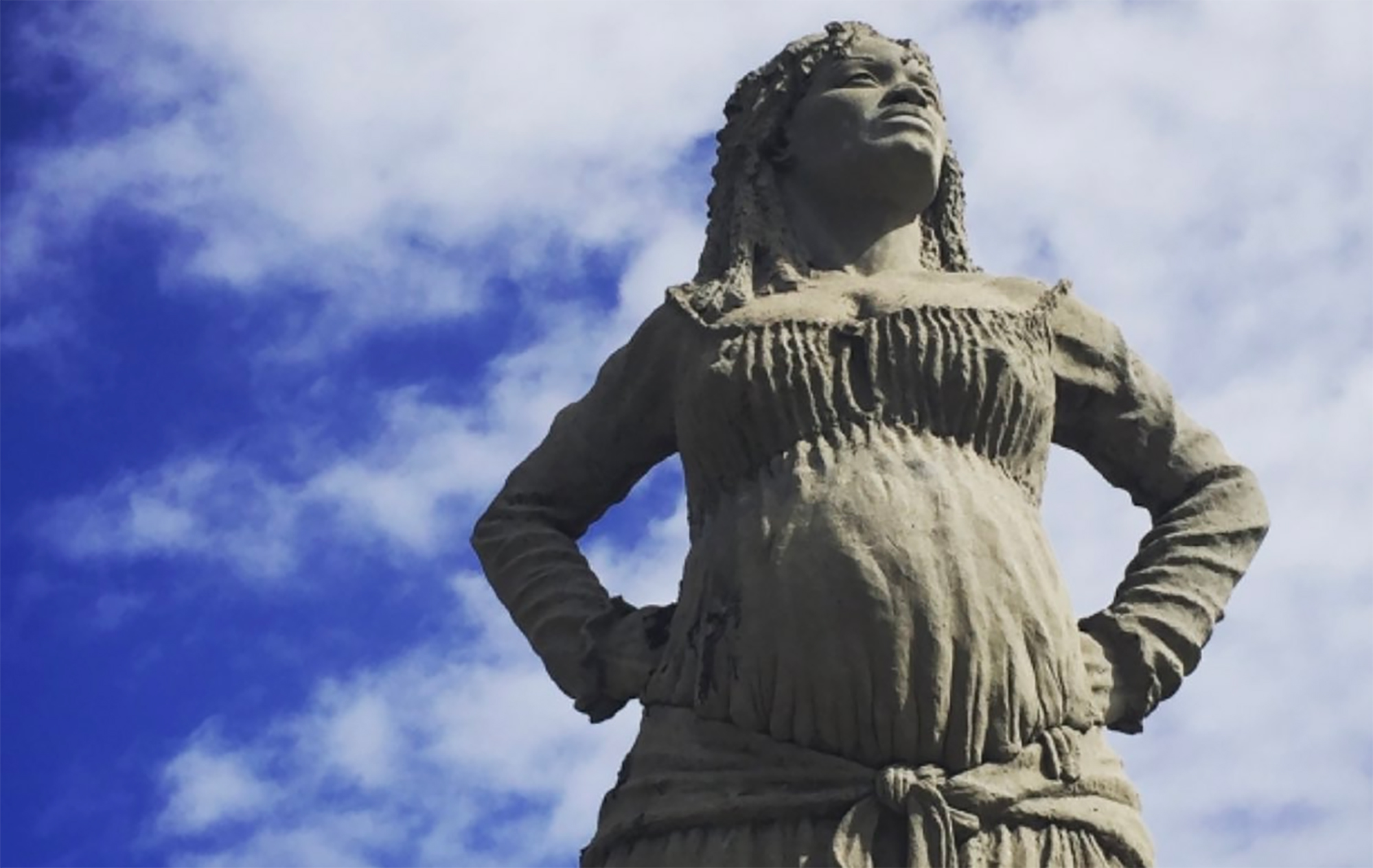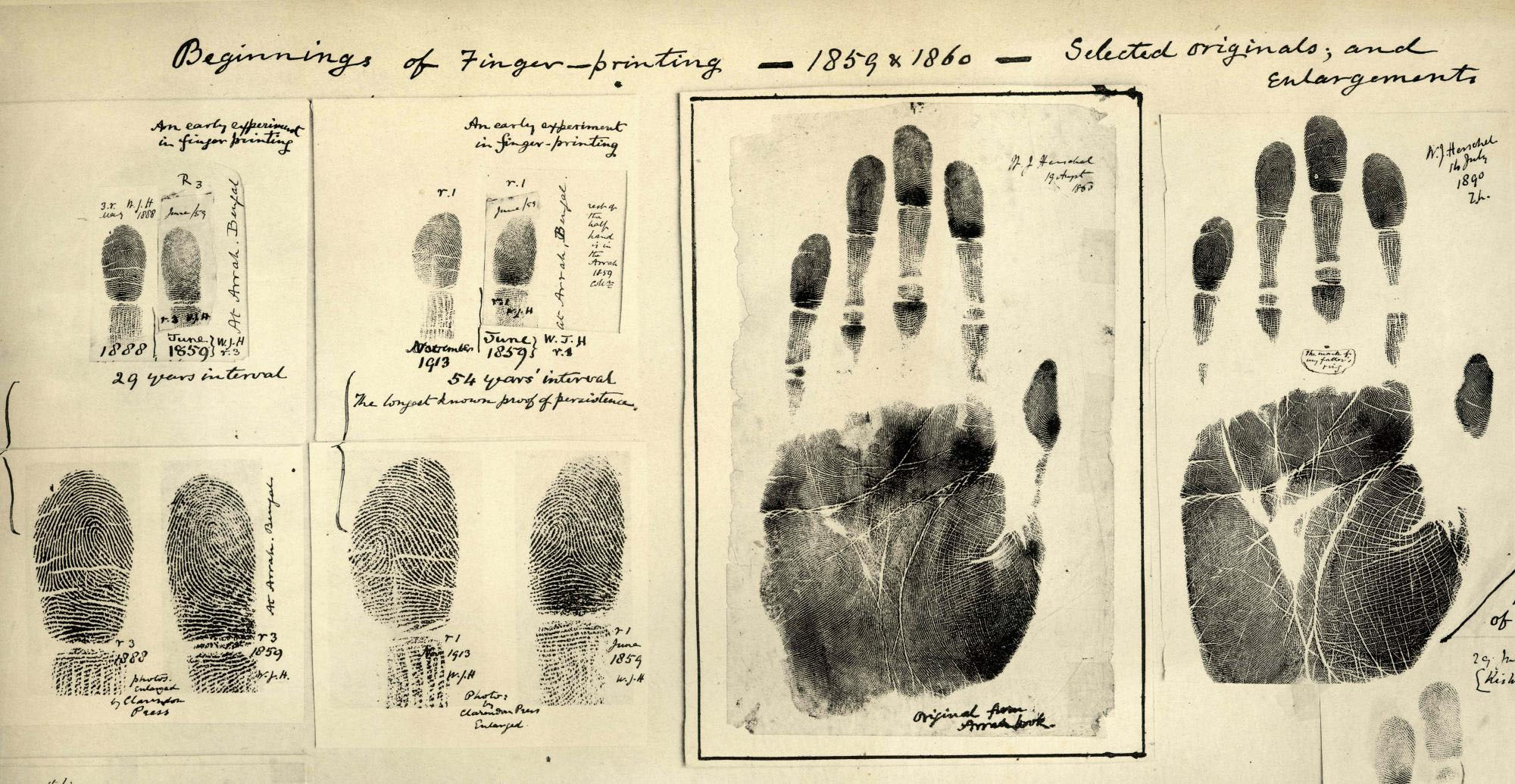Solitude is not alone
- Guadalupe (Caribbean Sea), around 1772. The Solitude slave mulata was born in Capesterre-Belle-Eau. In 1794, in the midst of the Haitian revolution and in the middle of the war, Soledad joined a group of rebels willing to fight the attack of French General Desfoneaux.

At that time, despite the abolition of slavery by France, the French military was fighting the rebels with the aim of continuing to exploit a lucrative sugar industry. Soon, Solitude became the leader of a small group and managed to escape to the mountains of the island to continue fighting the French. On May 5, 1802, at Pointe-à-Pit, several ships filled with French soldiers docked in order to implement Napoleon’s decree to restore slavery on the island.
The Soledad group joined the rebels of Louis Delgrès, but the French surrounded them quickly. Delgrès then set in motion a suicidal plan that allowed the French to progress and exploit the gunpowder they had kept when the time came. Some 400 French soldiers died, but also most rebels and Delgrès himself. Solitude survived and was arrested alongside other rebels and taken to Basse-Ter prison.
Solitude and the others were tried by a military court and sentenced to death. The others were immediately executed, but Solitude was pregnant. She gave birth on November 28, 1802 and was executed the following day. The newborn was donated to her slave.
Delgrès and other leaders quickly became heroes, but others have been recognized in recent decades. Today it is a symbol of resistance to slavery solitude and is not alone.
This story blends reality and fiction. In fact, we know little about Soledad, only a dozen lines that Creole Auguste Lacour collected in Histoire de la Guadeloupe in 1858: his name, his native town, was arrested when Delgrès fell, when he was about 30 years old and died on 29 November 1802. We don't know if his family and his early years, or when he joined rebel forces, was free or slave, and therefore, what happened to the child. The date of birth of the child was also deducted from the date of execution.
All these gaps were covered by André Schwarz-Bart in his novel La Mulâtresse Solitude (1972), extrapolating Lacour's text and analyzing in detail the reality of the Antilles of the time. So a lot of data from the novel is not real, but realistic.
Delgrès and other leaders quickly became heroes, but others have been recognized in recent decades. Today it is a symbol of resistance to slavery solitude and is not alone. For example, we know that Dominican slave Cecile Fatiman played a prominent role in the ceremony of Bois Caiman, fundamental to the Haitian revolution. And before and after there were many others: Anacaona, Marica, Marie Jeanne, Maria de las Mercedes Barbudo, Mariana Bracetti… That is, fictional data and fictions, which women played an important role in the resistance movements of the Antilles.
Frankismoa ez zela 1975ean amaitu diktadoreak ohean azken hatsa eman zuenean, hori badakigu. Erregimenaren haziek bizirik iraun zuten poliziaren tortura ziegetan, justizia auzitegien sumarioetan eta militarren zein politikarien deklarazio kolpistetan –Aznarrek azkenaldian... [+]
Europar Batasunean berriki onartu den Migrazio Itunak, asko zaildu dizkie gauzak euren herrialdetik ihesi doazen eta asiloa eskatzen duten pertsonei. Eskuin muturraren tesiak ogi tartean irentsita, migratzaileentzako kontrol neurri zorrotzagoak onartu dituzte Estrasburgon,... [+]
Julian de Zulueta esklabista arabarraren inguruko erakusketa ikusgai dago LABE espazioan.















